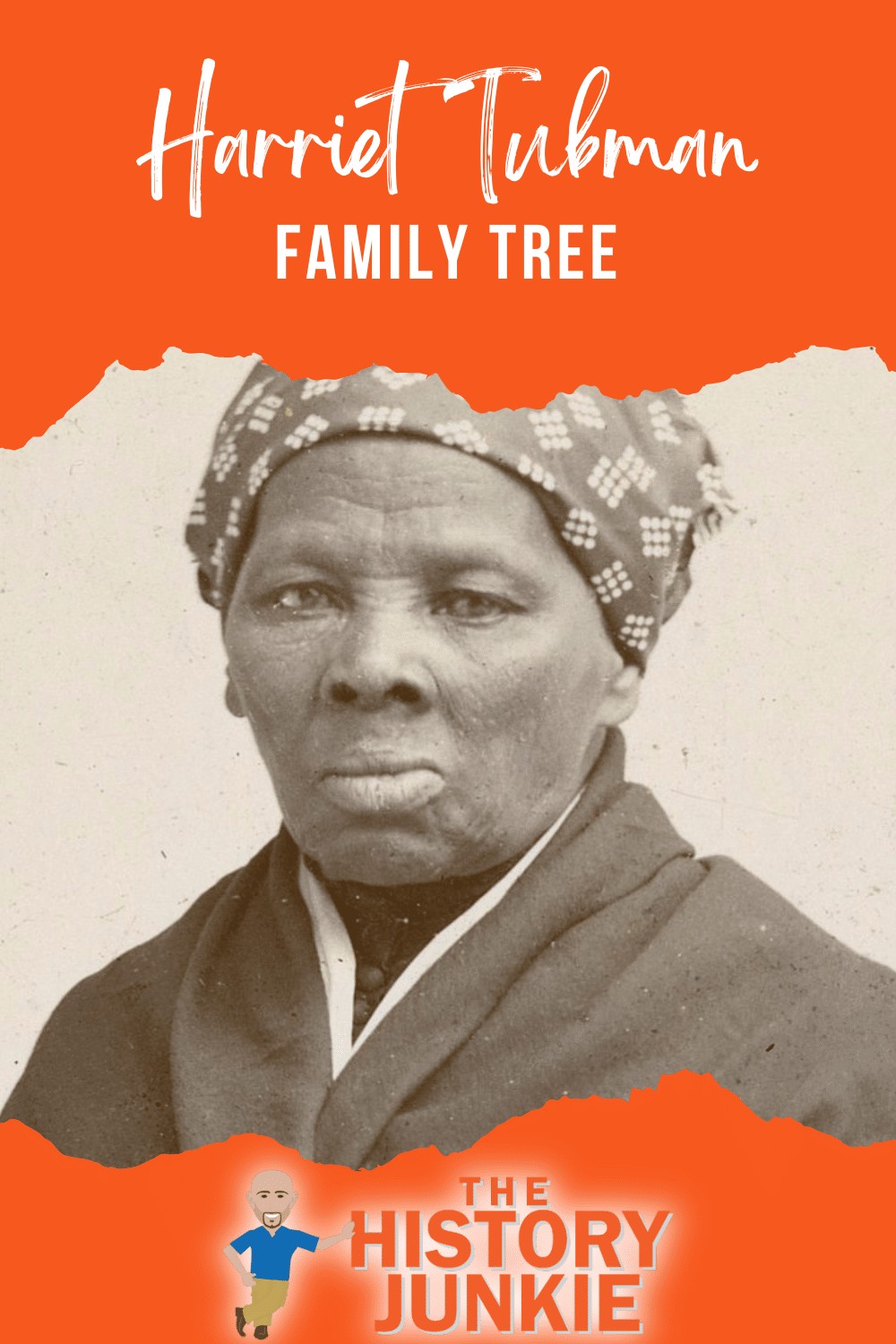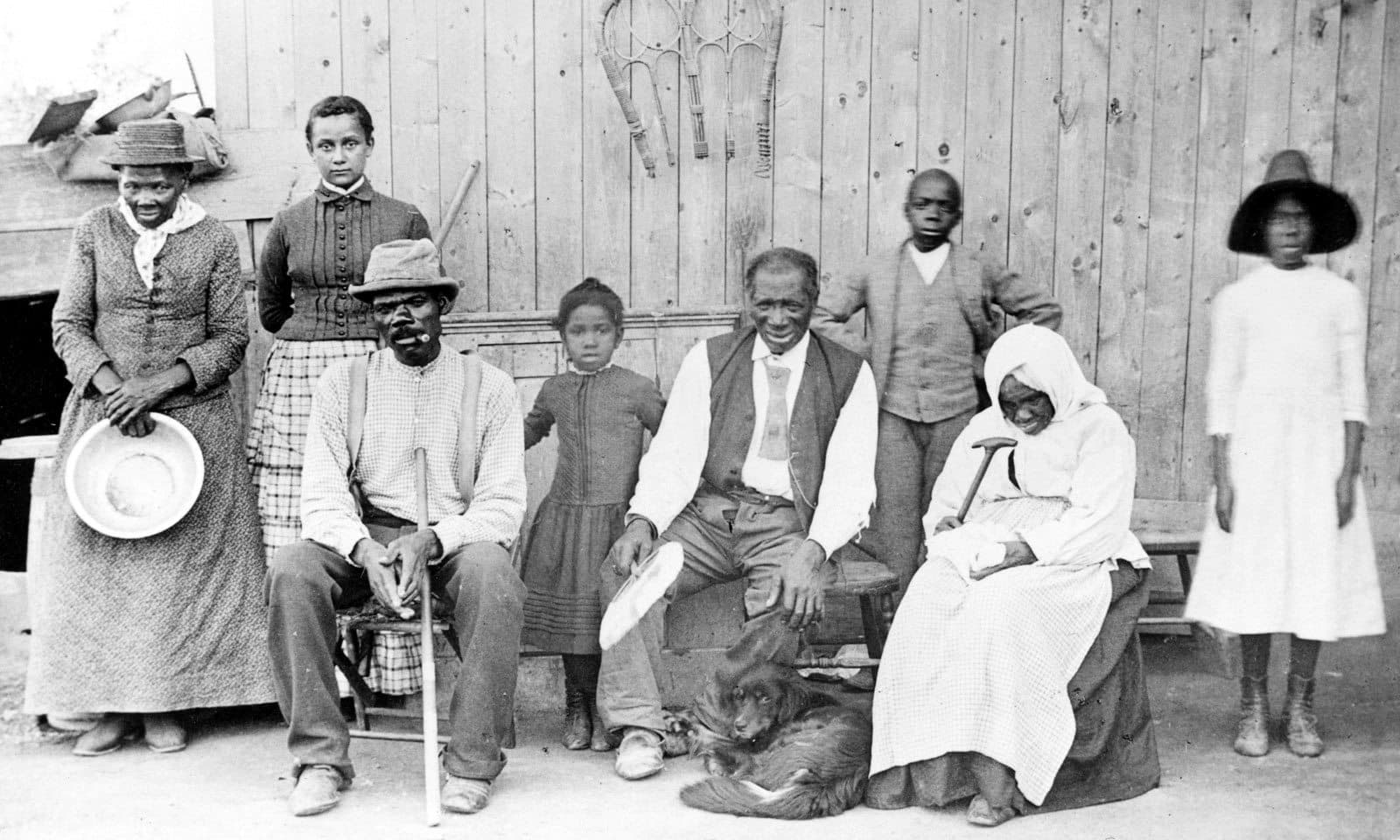Harriet Tubman was born Araminta Ross around 1822 in Dorchester County, Maryland. She was enslaved for most of her childhood and early adulthood.

In 1849, she escaped to freedom in the North. She became a conductor on the Underground Railroad, helping dozens of enslaved people escape to freedom.
She used a variety of disguises and routes to avoid capture. She also used a network of safe houses and people who were willing to help her.
Jump to:
Tubman also served as a spy for the Union Army during the Civil War. She led several raids behind enemy lines and helped to free hundreds of enslaved people.
She remained a devout Christian throughout her life, and it was her faith that carried her through many dark times and strengthened her resolve.
After the war, she worked to help former slaves rebuild their lives. She established a home for elderly and indigent African Americans and helped to found a school for African-American children.
In 1868, Tubman helped to found the National Association of Colored Women's Clubs (NACWC). The NACWC was a national organization that worked to improve the lives of African-American women and children. Tubman served as the NACWC's first treasurer and was a lifelong member.
Family Overview

Her mother was a cook for the Brodess family, who owned Ben Ross. They married around 1808 and had nine children together, including Harriet.
Her father was a skilled woodsman who managed the timber work on Thompson's plantation. He was a free man due to manumission, which is a legal process by which an enslaved person is freed.
Harriet's parents were both strong and resilient people. They raised their children to be independent and self-reliant. Harriet learned from her parents the importance of hard work, courage, and perseverance. These qualities would serve her well in her later life as an abolitionist and Underground Railroad conductor.
Harriet's parents were not able to escape to freedom together. Ben Ross was able to purchase his wife's freedom in 1855, but Harriet and her siblings remained enslaved. In 1849, Harriet escaped to freedom and eventually became one of the most famous conductors on the Underground Railroad.
Family Tree Chart
Parents:
Benjamin "Ben" Ross (unknown) - He was born in the 19th century, and we know he was freed through manumission. We know the time he met his future wife, but due to being enslaved, many of his records were not kept. His vital dates are unknown. He was a conductor in the Underground Railroad.
Harriet "Rit" Green (unknown) - She endured a difficult experience until her husband purchased her freedom. She had one of her children sold, and her slaveowner did not honor the will of his wife that passed that would have freed her.
Spouse:
John Tubman (unknown - 1867) - He and Harriet married in 1844. After she escaped in 1849, she returned to free her husband. However, he had already remarried and woman who was free. He died in 1967 following a dispute with Robert Vincent. Robert was found not guilty after an all-white jury protected him.
Nelson Davis (unknown - 1888) - Tubman and Davis operated a 7-acre farm and brick business in Auburn. They raised chickens and pigs and grew potatoes, vegetables, and apples. Tubman sold butter and eggs. Tubman also continued to board people. Rit Ross lived at the house, as did four boarders. Between 1882 and 1884, their frame house was burned down, and a brick building was constructed. Around that time, Davis was very ill, requiring care, and he was unable to work. He died in 1888.
Children:
She did not have any biological children, but she adopted many enslaved folks. She is estimated to have helped to free over 300 people, and she often referred to them as her "children."
Siblings:
Linah Ross (born 1808)
Mariah Ritty Ross (born 1811)
Soph Ross (born 1813)
Robert Ross (born 1816)
Ben Ross (born 1823)
Rachel Ross (born 1825)
Henry Ross (born 1830)
Moses Ross (born 1832)
Three of her sisters, Mariah Ritty, Linah, and Soph, were sold to slavery in the Deep South and lost forever to the family. A trader later wanted to buy her youngest brother, Moses, but Rit was able to resist being separated from her son.
She would help many of her siblings find freedom.
